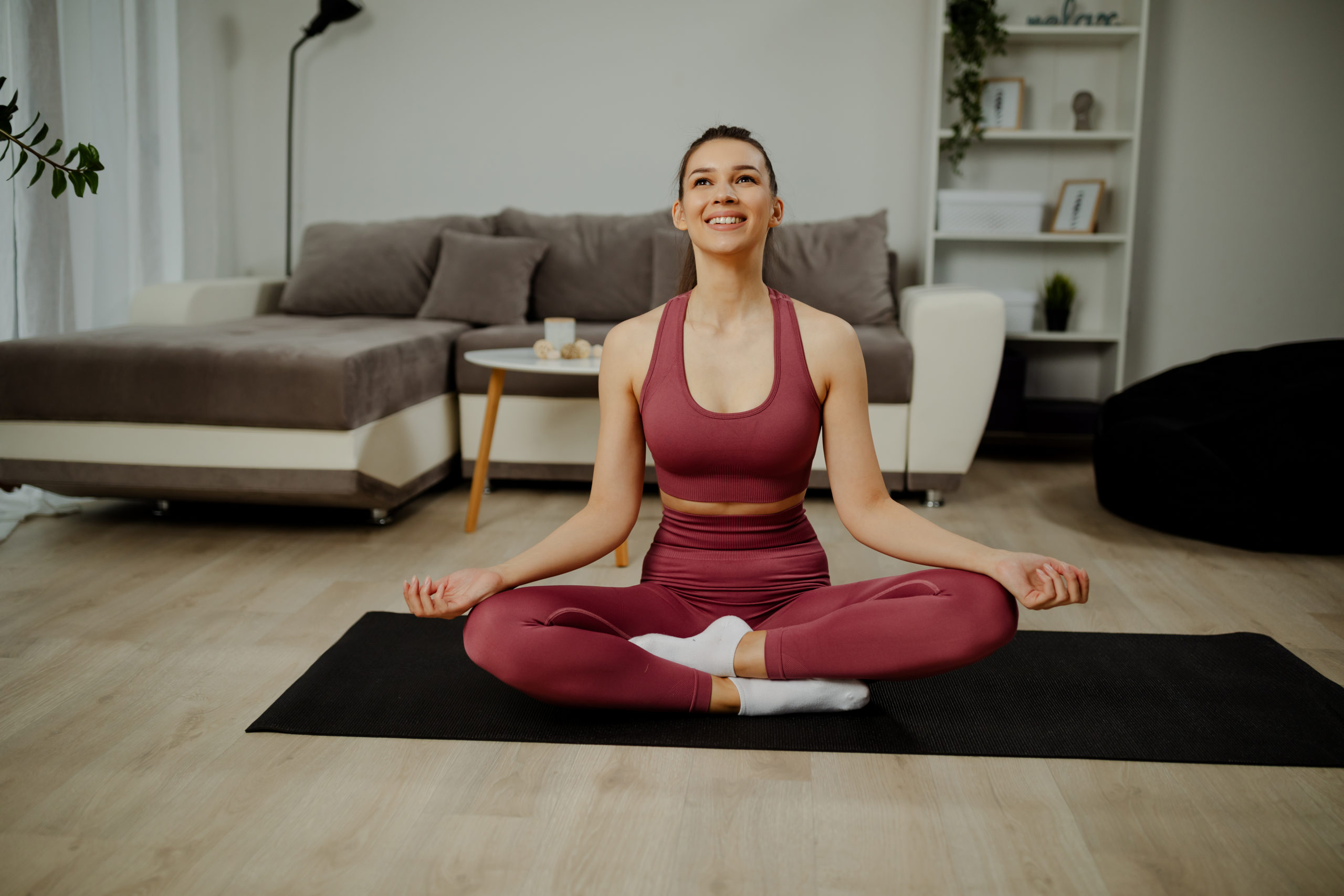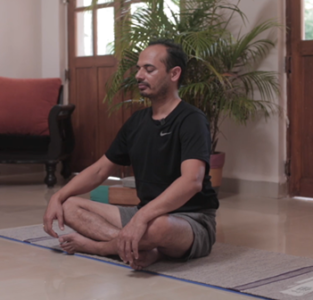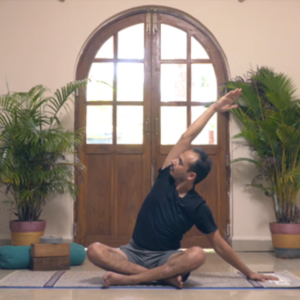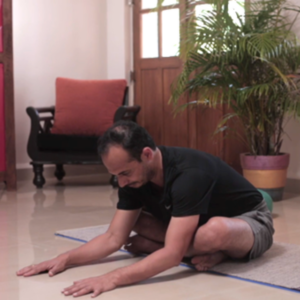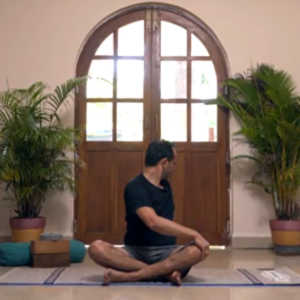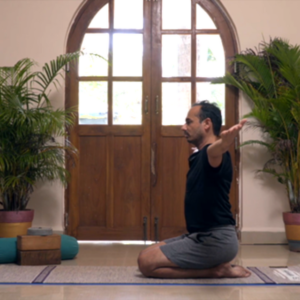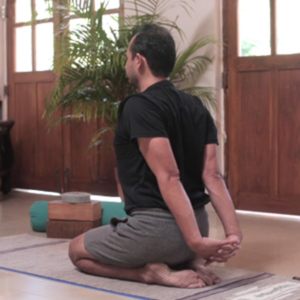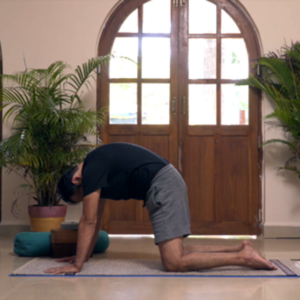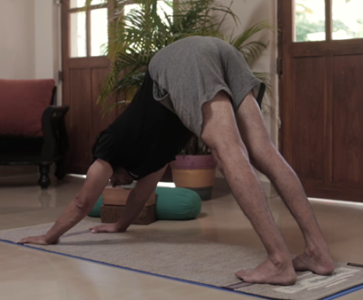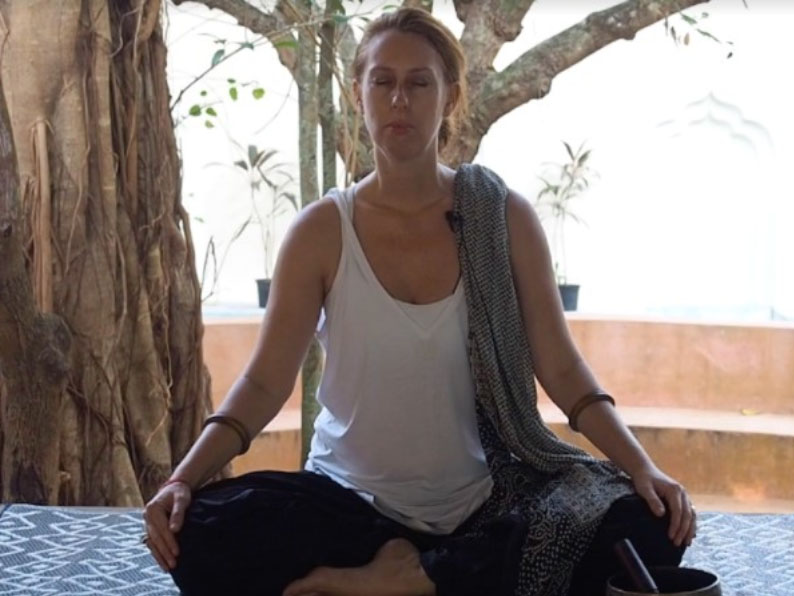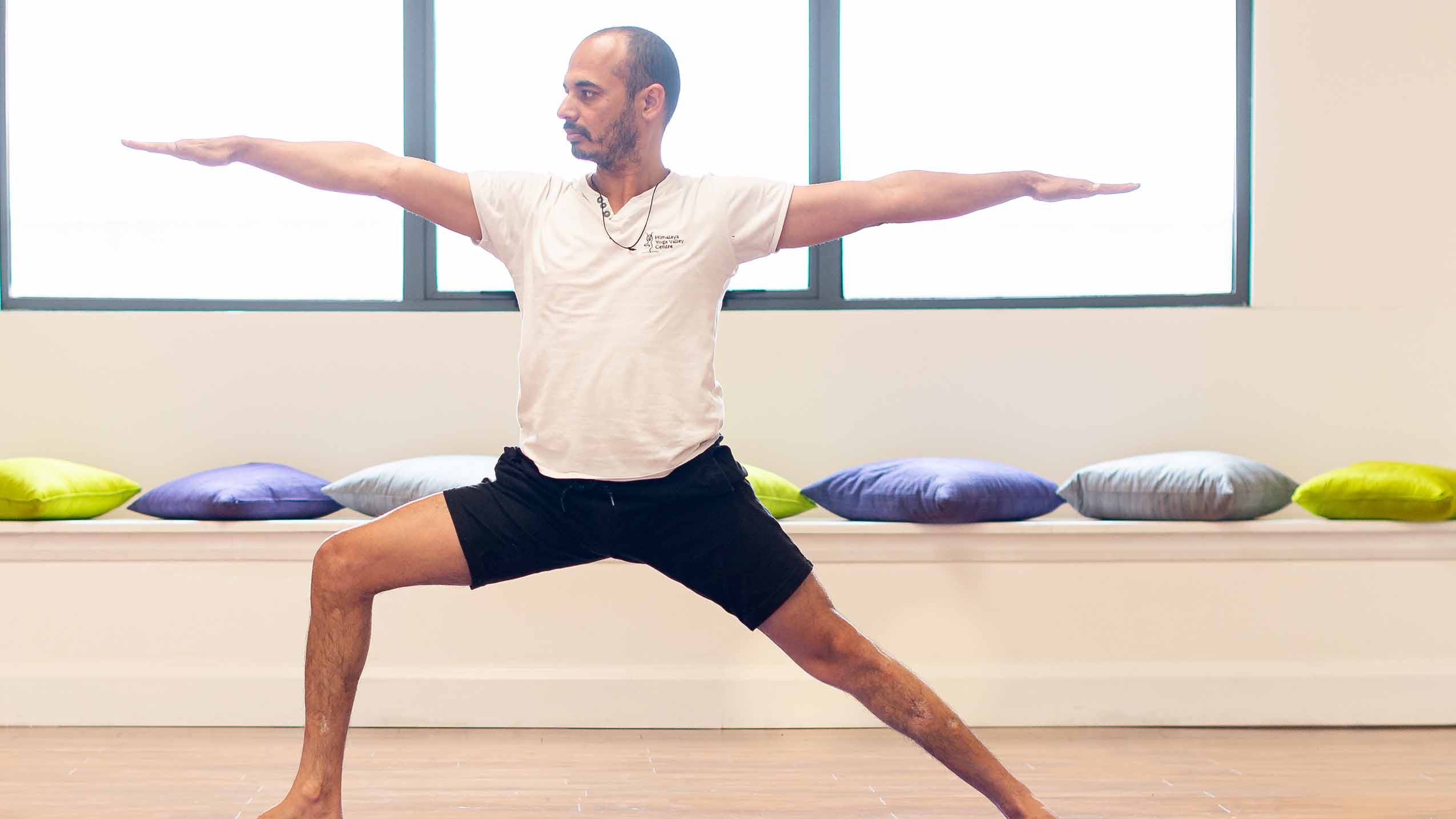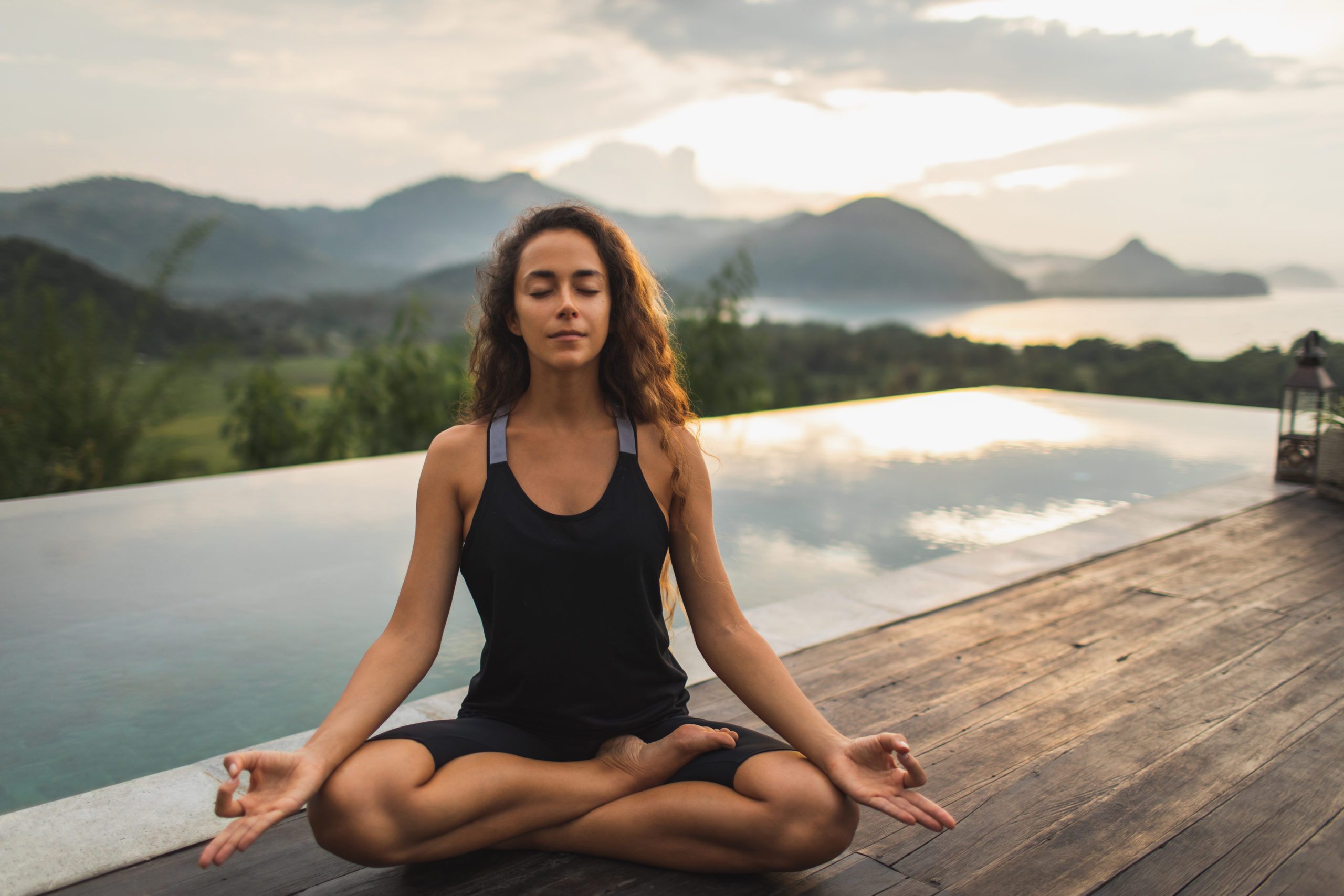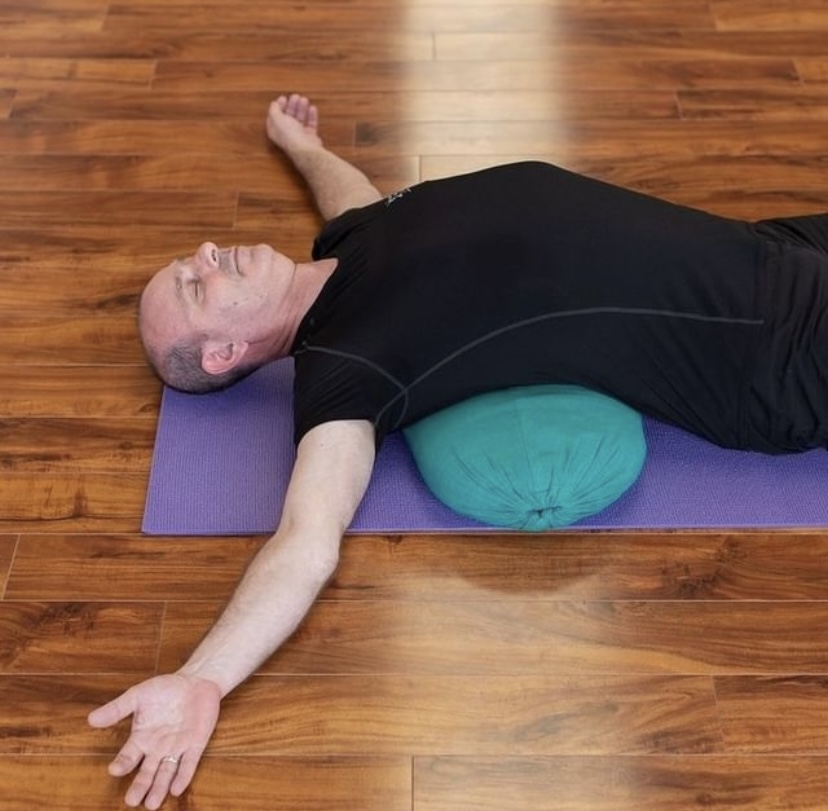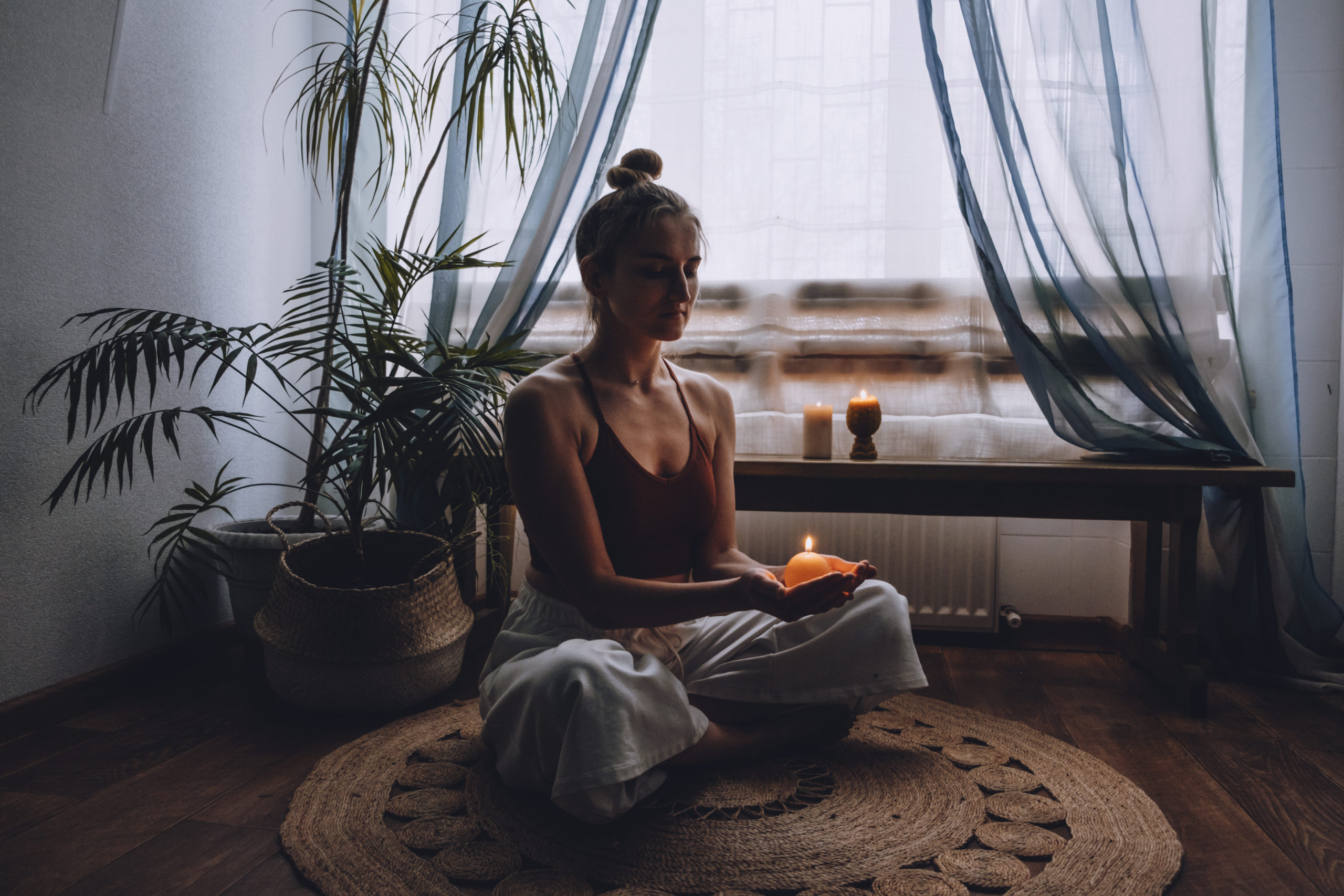Vinyasa Yoga: A Journey of Mind, Body, and Breath
| By Eveanna De Barra | 0 Comments
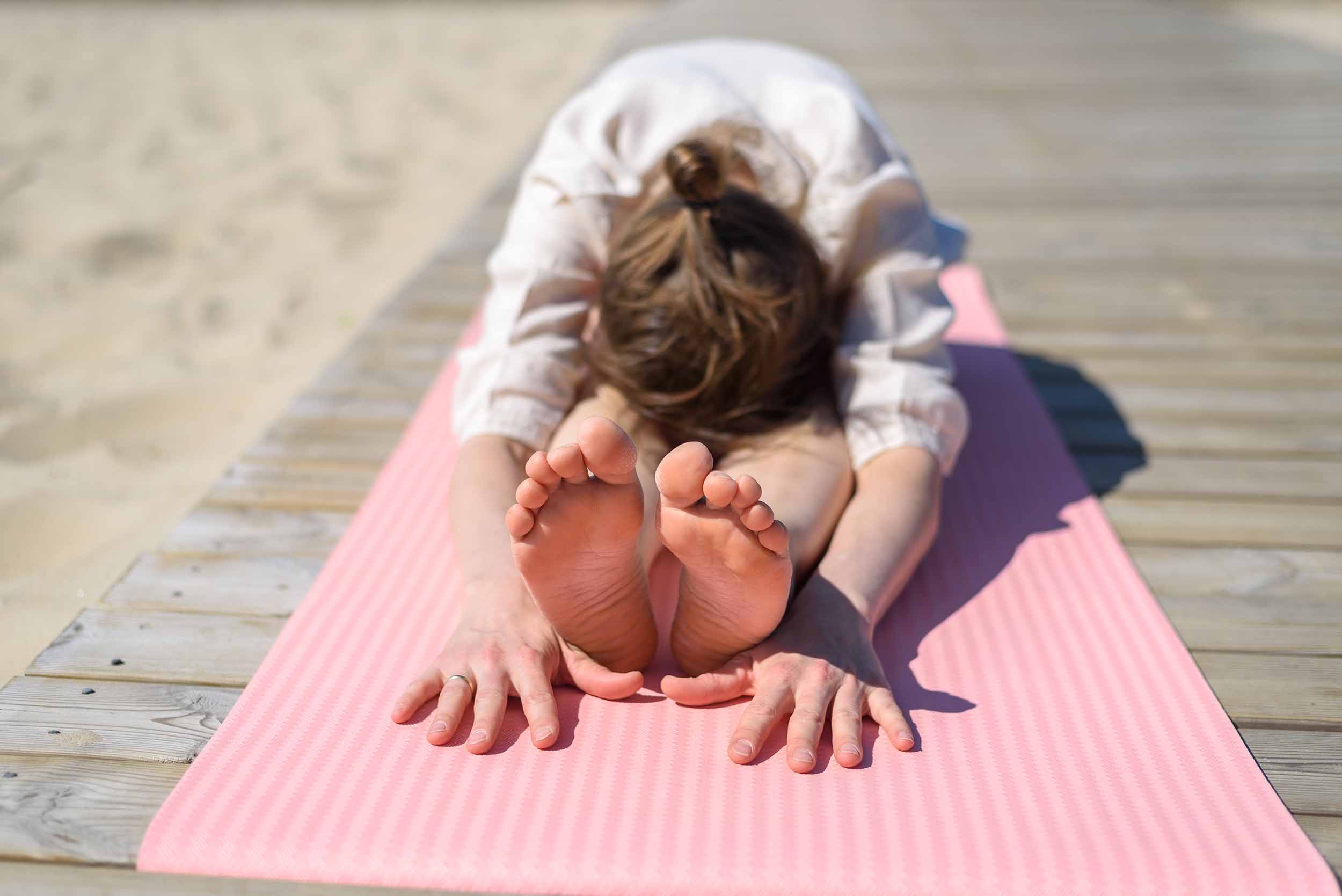

Joanna
Ālaya Yoga
Vinyasa Yoga: A Journey of Mind, Body, and Breath
Yoga has been a significant practice for individuals seeking physical and mental well-being for centuries. With its various styles and approaches, yoga offers an opportunity to explore and connect with our inner self. One such yoga style is Vinyasa Yoga, which is becoming increasingly popular among yoga enthusiasts worldwide.
The term ‘Vinyasa’ is derived from the Sanskrit word ‘nyasa’ meaning ‘to place’ and ‘vi’ meaning ‘in a special way’. Vinyasa Yoga refers to the synchronization of breath with movement, where every movement is accompanied by an inhale or exhale, and each pose flows seamlessly into the next. This style of yoga is also known as Vinyasa Flow, as it creates a continuous flow of movement, making it a dynamic and challenging practice.
The origin of Vinyasa Yoga can be traced back to the teachings of T. Krishnamacharya, who is considered the father of modern yoga. Krishnamacharya’s students, B.K.S. Iyengar and Pattabhi Jois, further developed this style of yoga, making it more accessible to a broader audience. They both created their unique approaches to Vinyasa Yoga, Iyengar focusing on alignment and Jois on a more vigorous practice.
Vinyasa Yoga has become a popular style of yoga due to its flowing nature, where each movement is linked to a breath and becomes a moving meditation. The practice helps to develop physical strength, flexibility, and balance, while also improving mental focus and awareness. It’s a great way to reduce stress and anxiety while enhancing mindfulness and relaxation.
If you’re interested in trying Vinyasa Yoga or want to deepen your practice, Alaya Yoga Online offers a fantastic opportunity to practice from the comfort of your home or wherever you are. For only €19.99 with no contract, plus free 10 Days trial, access to 130 live classes per month, and 7-day playback! You can subscribe and access a variety of Vinyasa Yoga classes led by experienced teachers. Whether you’re a beginner or an advanced practitioner, Alaya Yoga Online has something for everyone. Why wait any longer? Enroll today and embark on your Vinyasa Yoga voyage with us!
Enroll today and embark on your Vinyasa Yoga voyage with us!
Join our team of expert teachers who are all trained to teach vinyasa and traditional yoga. Explore our memberships at Ālaya Yoga and start your journey to wellbeing today.





